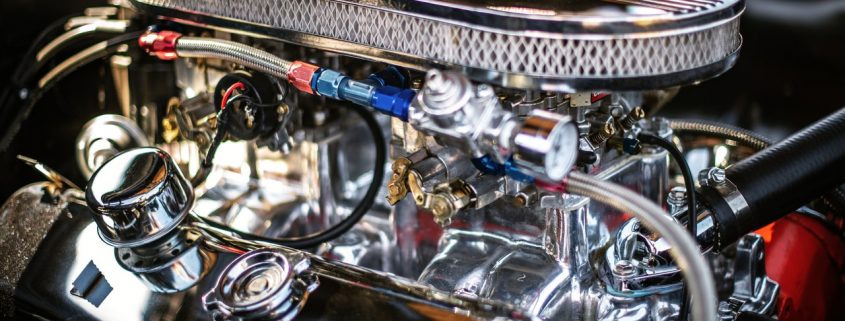Why Cars Overheat: Causes and Fixes
 Your car’s engine is a complex system that, when working properly, converts the heat of the burning fuel into mechanical energy. That energy then propels your car forward and allows you to listen to the latest episode of your favorite podcast on the way to work. However, when something goes wrong with the engine cooling system, that energy can turn against your vehicle and cause it to overheat. In this blog post, we’ll take a look at some of the most common causes of engine overheating and what you can do about them.
Your car’s engine is a complex system that, when working properly, converts the heat of the burning fuel into mechanical energy. That energy then propels your car forward and allows you to listen to the latest episode of your favorite podcast on the way to work. However, when something goes wrong with the engine cooling system, that energy can turn against your vehicle and cause it to overheat. In this blog post, we’ll take a look at some of the most common causes of engine overheating and what you can do about them.
Why do car engines overheat
One of the most common causes of engine overheating is a lack of coolant. This can be due to a leak in the system, a low level of coolant, or simply an incorrect mixture of antifreeze and water. If your car’s cooling system doesn’t have enough fluid to do its job, the temperature will continue to rise until the engine seizes up or catches on fire.
Another common issue that can cause engines to overheat is a clogged radiator. When the radiator becomes blocked with dirt, rust, or bugs, it can’t properly dissipate heat from the engine. As a result, the engine gets too hot and eventually fails.
If your car has been sitting for awhile without being used, the engine may overheat due to a lack of oil. When an engine isn’t running, it can lose oil through the piston rings and cause the temperature to spike when you finally try to start it up again.
If your car has been driving for awhile in stop-and-go traffic, the heat generated by the engine can eventually cause it to overheat. This is because a large percentage of the fuel isn’t actually being used to propel the car forward; instead, it’s just heating up the engine block and making things worse.
The last common reason for engines overheating is a faulty thermostat. If your thermostat is stuck open or closed, it can prevent your cooling system from working properly and cause the engine to overheat.
How to fix energy overheating
Fortunately, most of these issues are relatively easy to fix. If you think that your car’s cooling system may be low on fluid, simply top it up with coolant and water mix. If your radiator is clogged, you can try cleaning it out yourself or take it to a mechanic for a more thorough cleaning. And if your thermostat is faulty, you can usually replace it yourself without too much trouble.
However, some engine overheating problems may require more extensive repairs. If your car has been sitting for awhile without being used, you may need to add oil to the engine. If the traffic has been really bad lately, you may need a new catalytic converter. And if your car keeps overheating no matter what you do, it may be time to take it to the shop for a complete engine overhaul.
Conclusion
Hopefully, this blog post has given you a better understanding of why cars overheat and some of the common causes of that problem. If your car is currently experiencing an overheating issue, try checking out one of these solutions and see if it fixes the problem. And if it doesn’t, don’t hesitate to bring your car in for a closer look by a professional mechanic.



